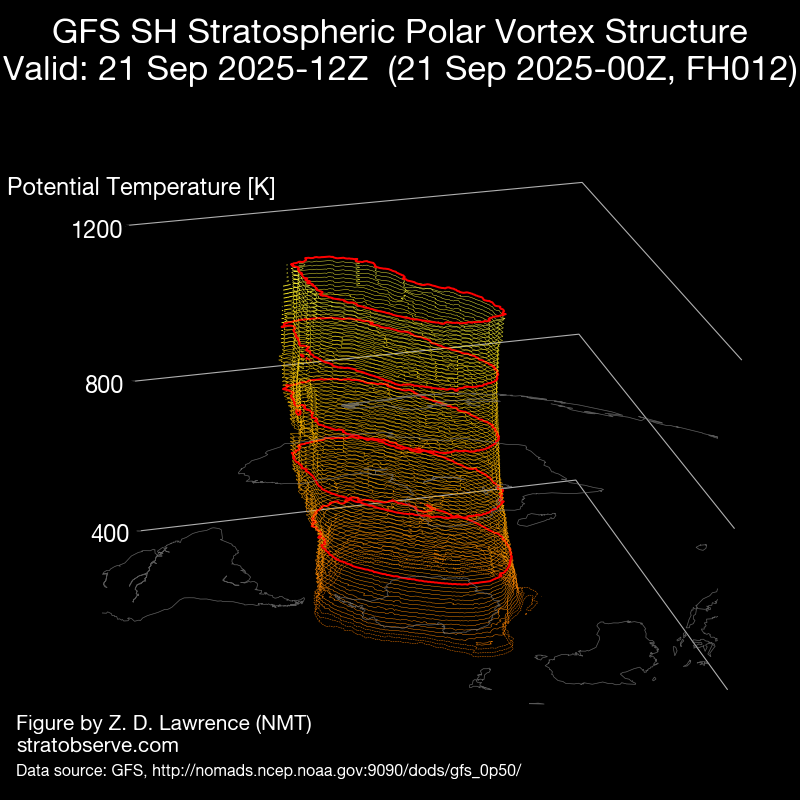Winter’s Not Over: Wintry Chill Set to End the Heatwave
- Weatherwatch
- Sep 1, 2024
- 2 min read
A slew of records fell across Australia in the last week of winter, making it feel like the cold season was a distant memory. But as a timely reminder that we’re still just a few days out of winter, much colder temperatures are expected to develop across large parts of NSW and Queensland this week as a gusty, southerly change sweeps through.
A high will move into NSW and push gusty, southerly winds along the east coast helping to push the recent burst of heat away from the region. Source: Weatherwatch MetCentre.
Brisbane
After a week of maximums hovering 5 to nearly 10 degrees above average, Brisbane is expected to reach a maximum of just 23°C on Wednesday, nearly 3°C below the September average. Tuesday’s temperatures will be slightly warmer at 25°C, but fresh and gusty southerly winds will make it feel colder.

Maximum temperatures to drop for Brisbane from Tuesday onwards.
Sydney
It’s a similar story for Sydney, where after reaching 30.3°C on Friday—12°C above average—temperatures will drop to a wintry 18°C on Tuesday, 2°C below the September average.

Maximum temperatures to drop for Sydney on Tuesday but quickly warm up again later in the week.
Frosts Possible to the QLD/NSW Border
The change will be so cold that frosts are possible as far north as the NSW and Queensland border, with minimums likely to fall below 0°C in parts of the Northern Tablelands. While this isn’t unusual for the region, which regularly sees sub-zero temperatures even in September, many locations haven’t experienced a negative minimum for nearly a month, so it may come as a shock.

Forecast minimum temperatures for Wednesday morning from the BoM. Source: Weatherwatch MetCentre.
Cool Change Will be Short-lived
However, this cool change will be short-lived. Northwestern Australia, often dubbed the "heat engine of Australia," has built up plenty of heat that will continue to be cycled down over the coming weeks and months as we move towards summer.

ACCESS G 850mb anomalies showing a further flow of warm air coming down from Northwestern Australia ('Heat Engine of Australia') later this week. Source: Weatherwatch MetCentre.







